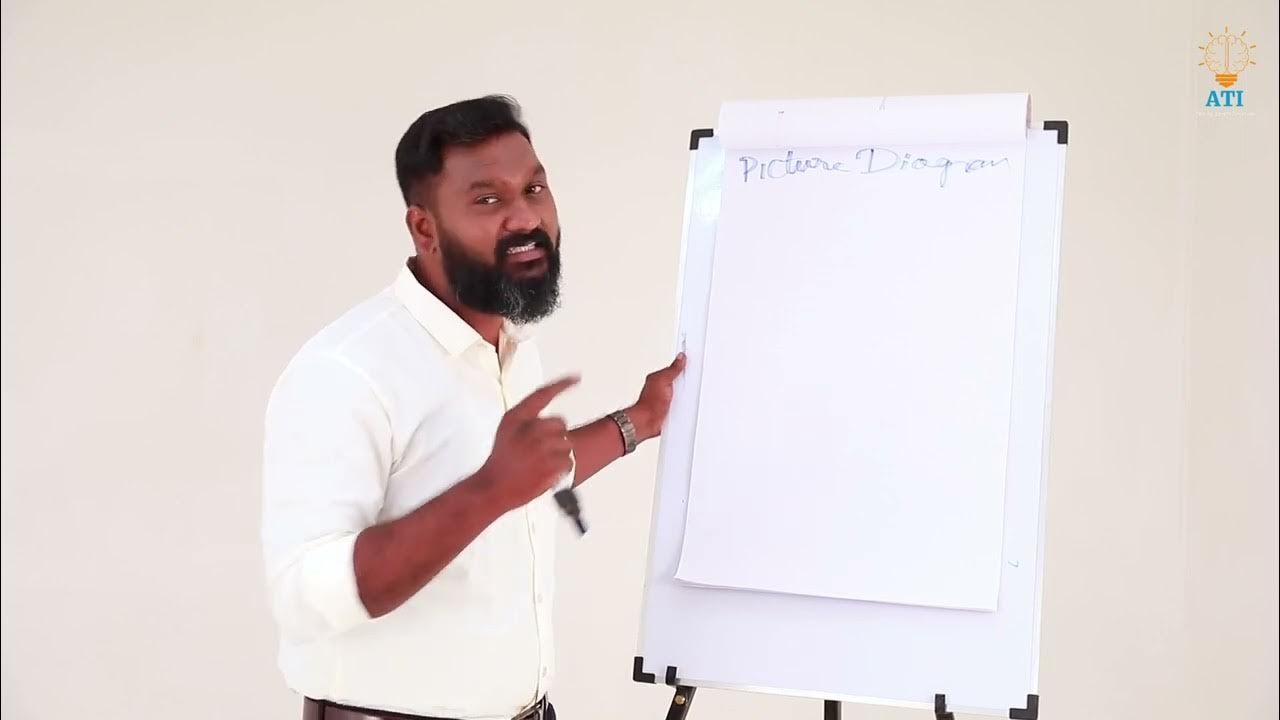The Most Powerful Way To Remember Everything You Read - Jordan Peterson
Summary
TLDRThe speaker discusses their memory technique, akin to the ancient 'memory castle' method, to prepare for lectures by visualizing a pathway through the central topic, supported by stories and facts. They emphasize the importance of active recall in learning, suggesting students should read, write down what they remember, and associate new knowledge with personal experiences to internalize it. The speaker also advises creating a study schedule to avoid last-minute cramming, highlighting the effectiveness of spaced repetition and active summarization over passive reading.
Takeaways
- 🔍 The speaker does not have a photographic memory and does not organize information by page numbers.
- 🤔 The speaker prepares for a lecture by meditating to identify the central topic and a pathway through the argument.
- 🏰 The speaker uses a 'memory castle' technique to remember points and stories, visualizing them in a known place like a house.
- 📚 The importance of turning what you're learning into images for better memory retention is emphasized.
- 📝 After studying, it's recommended to write down what you've learned to practice remembering, which aids in knowledge retention.
- 💭 The act of recalling information is crucial for remembering and making the material readily available for use.
- 🌟 To improve learning, associate new knowledge with problems you're currently trying to solve, making the information your own.
- 📅 The speaker advises students to create a study plan and use a scheduler to manage their university career effectively.
- 🚫 Cramming for long hours is not effective; instead, study in shorter, more focused sessions with breaks.
- 💤 Studying and then sleeping helps with memory retention more than continuous studying without rest.
- ✍️ Summarizing what you've read without looking at the book is a useful technique for reinforcing memory.
- 🚫 Highlighting in a book is not as useful as actively engaging with the material through reading, closing the book, and summarizing.
Q & A
Does the speaker claim to have a photographic memory?
-No, the speaker explicitly states that they do not have a photographic memory.
How does the speaker prepare for a lecture?
-The speaker sits down for about 20 minutes with eyes closed to determine the central topic and pathway of the lecture, including the main argument and possible branches.
What technique does the speaker compare their memory process to?
-The speaker compares their memory process to the 'memory castle' technique, which involves associating memories with specific locations in a familiar place.
What is the speaker's method for remembering points during a lecture?
-The speaker associates each point with a collection of stories and facts to make the point interesting and memorable.
What advice does the speaker give for effective studying?
-The speaker advises to study, then write down or recall what was learned without looking at the book, as practicing remembering helps to solidify the information.
How does the speaker suggest students should approach their university career?
-The speaker suggests treating the university career like a full-time job, using a scheduler to plan out studying and assignments to avoid last-minute cramming.
Why does the speaker believe cramming is an ineffective way of studying?
-Cramming is ineffective because it requires prolonged periods of concentration that are difficult to maintain, and it does not allow for the beneficial spacing out of study sessions and sleep cycles that aid in memory retention.
What does the speaker suggest is a more effective method than highlighting for studying?
-The speaker suggests that reading, closing the book, and summarizing the material without opening the book is a more effective method than just highlighting.
What is the importance of making knowledge your own according to the speaker?
-Making knowledge your own is important because it changes the structure through which you view the world and alters the way you think, which in turn affects how you converse and engage with the material.
What is the 'plan of attack' the speaker recommends for students?
-The 'plan of attack' involves creating a detailed study schedule, including assignment deadlines, and setting aside specific times for studying to ensure a structured and organized approach to learning.
How does the speaker describe the process of turning knowledge into images for better memory retention?
-The speaker describes the process as imagining a familiar place, like a house, and placing the things to remember at different locations within it, turning the information into images that can be 'walked through' to recall the memories.
Outlines

Cette section est réservée aux utilisateurs payants. Améliorez votre compte pour accéder à cette section.
Améliorer maintenantMindmap

Cette section est réservée aux utilisateurs payants. Améliorez votre compte pour accéder à cette section.
Améliorer maintenantKeywords

Cette section est réservée aux utilisateurs payants. Améliorez votre compte pour accéder à cette section.
Améliorer maintenantHighlights

Cette section est réservée aux utilisateurs payants. Améliorez votre compte pour accéder à cette section.
Améliorer maintenantTranscripts

Cette section est réservée aux utilisateurs payants. Améliorez votre compte pour accéder à cette section.
Améliorer maintenantVoir Plus de Vidéos Connexes
5.0 / 5 (0 votes)






